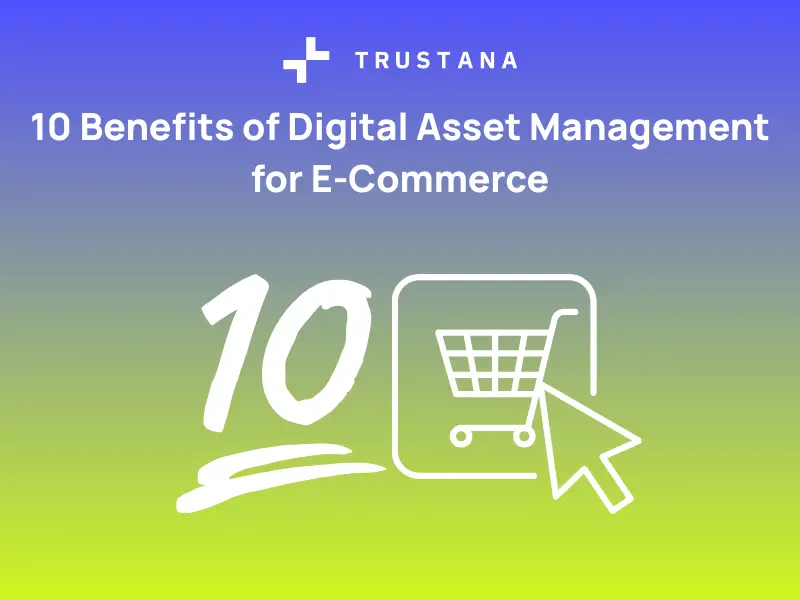Retail is increasingly borderless. A product launched in the United States may appear on a customer’s screen in Europe, Southeast Asia, or Latin America within days. Marketplaces such as Amazon, Shopee, Lazada, and Walmart connect sellers and buyers across geographies, and AI systems promise to make this global commerce seamless. Yet, when product data is not localized, those AI systems stumble.
The Global Scale of AI Ambitions
The promise of AI-driven search, personalization, and recommendations depends on product data that is meaningful to the customer in their context. Without localization, even the most advanced AI produces irrelevant results. For retailers, this means global expansion strategies will fail unless product data is enriched, structured, and tailored to the regions in which they operate.
Localization Pitfalls: Language, Vocabulary, and Context
Localization is more than translation. It is about ensuring that product data reflects cultural norms, shopper vocabulary, and contextual cues that AI engines must understand to deliver relevance.
Common pitfalls include:
- Vocabulary Gaps: A “jumper” in the UK is a “sweater” in the US. Without aligned attributes, AI cannot map search queries to products correctly.
- Cultural Relevance: Colors, sizes, and even product names may carry different meanings in different regions. Misalignment can create confusion or even offense.
- Incomplete Translations: Automated translations that ignore attributes or metadata leave gaps that prevent AI from interpreting product information.
When localization is overlooked, shoppers encounter irrelevant results, and AI-driven pilots fail to scale internationally. Retailers must understand that localization is not optional, it is foundational to global AI readiness.
Units and Standards Across Regions
Even basic product attributes like weight, volume, and dimensions can create barriers when not localized. The United States relies on imperial units, while most of the world uses metric. If attributes are not consistently adapted, AI systems cannot match queries to relevant products.
Imagine a customer searching for “two-liter water bottle” on a site where the product is listed in fluid ounces. Without unit conversion and standardized data, AI engines miss the match entirely. The result is shopper frustration, lost sales, and returns due to expectation mismatches.
For retailers, overlooking something as simple as units of measure can derail entire AI-driven initiatives in global markets. Aligning standards and ensuring attributes reflect local preferences is critical for both visibility and accuracy.
Marketplace Schema Differences: Amazon vs Shopee vs Walmart
Global retailers often assume that a single schema will work across all marketplaces. The reality is more complicated. Each platform enforces its own requirements for attributes, categories, and structured data.
- Amazon: Requires extensive product attribute sets, with strict compliance for categories such as electronics or health.
- Shopee and Lazada: Demand localized attributes to align with regional shopper expectations, including language, size conventions, and taxonomies.
- Walmart: Enforces schema standards focused on compliance and safety, particularly for regulated product categories.
Without tailored feeds, AI-ready product data cannot flow into these ecosystems correctly. Non-compliant feeds are rejected, reducing visibility and delaying time-to-market. For leaders, schema alignment across platforms is not an IT concern, it is a growth enabler that ensures AI-driven discovery can work in every market.
Regulatory Requirements by Region: Compliance as Readiness
Global commerce also brings regulatory complexity. AI-driven systems cannot correct for non-compliance, and regulators do not accept excuses about messy data.
Key considerations include:
- European Union: Sustainability labeling and Digital Services Act requirements mean product data must include environmental and safety attributes.
- United States: Labeling laws for food, health, and consumer products demand accurate attribute representation.
- Asia Pacific: Data localization and product safety regulations vary widely across markets, requiring region-specific compliance.
Retailers who fail to meet these requirements not only face penalties but also undermine AI systems that rely on complete data. Compliance is not a separate track from AI readiness, it is a prerequisite.
Global Scale Requires Local Precision
Global AI readiness is a balancing act. Retailers must standardize their data to maintain consistency across regions, but they must also localize attributes, taxonomy, and compliance to match regional requirements. AI does not bridge these gaps on its own. It reflects the quality of the product data it receives.
For retailers, the conclusion is clear: expanding into new markets requires an investment in both standardization and localization. Retailers who master this balance create AI systems that deliver relevant, accurate, and compliant experiences at global scale. Those who ignore it risk stalled expansion and lost competitive ground.
To see how global readiness fits into the broader AI strategy, explore the AI-Readiness for Retail Guide.
Global AI Readiness FAQ
Why is localization so important for AI readiness?
Because AI systems rely on product data that reflects local language, cultural context, and shopper expectations. Without it, results are irrelevant.
How do units of measure affect AI-driven discovery?
Mismatched units prevent AI from matching shopper queries to products, causing lost sales and returns.
What challenges do global marketplaces create for retailers?
Each platform enforces its own schema and attribute requirements, meaning retailers must tailor feeds to achieve compliance and visibility.
How does regulation factor into AI readiness?
Compliance with labeling, sustainability, and data localization laws is essential. AI cannot compensate for missing or non-compliant product data.
What is the big takeaway for global AI readiness?
Treat localization as a strategic enabler of growth. Standardize where possible, but localize attributes and taxonomy to win in each market.

%20(1).webp)






